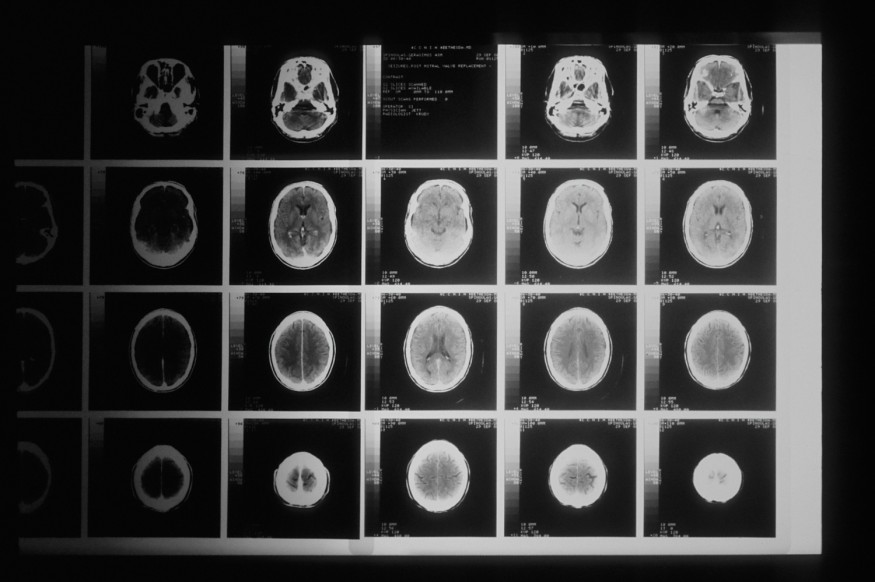A new study shows that COVID-19 infection may increase the likelihood of strokes and the chance of developing persistent lesions that lead to brain bleeding and results in irreversible neurological conditions.
Researchers from the Houston Methodist Research Institute in the US said that the study, "SARS-CoV-2 and the central nervous system: Emerging insights into hemorrhage-associated neurological consequences and therapeutic considerations," was published in Ageing Research Reviews, showed how COVID-19 could go far beyond the time of infection.
COVID-19 Could Cause Neurodegenerative Disease
Researchers wrote in their study that COVID-19 infection invades and infects the brain, among other major organs. Reports said it causes long-term and irreversible neurodegenerative diseases, especially in aging and comorbid populations.
Brain imaging studies on COVID-19 patients show that microbleed lesions form in deeper brain regions responsible for cognition and memory functions. From these previous findings, the team studied the possible chronic neuropathological outcomes among the elderly and vulnerable populations.
Microbleeds in the brain are considered neuropathological signatures usually seen in people who experience chronic stress, symptoms of depression, diabetes, and age-related disorders.
Moreover, studies on the effects of COVID-19 infection on the central nervous system show that 20% to 30% of patients report a lingering psychological condition dubbed "brain fog." It is a condition wherein individuals could experience memory loss, difficulty in concentrating, forgetfulness, difficulty in selecting the right words, taking longer than usual to complete a task, and having disoriented thought processes.

ALSO READ : Pandemic Stress-Induced Brain Fog is Making People Forgetful and Confused, Here's What Experts Say
COVID-19 Accelerates Brain Aging
Researchers noted that microbleeds due to COVID-19 infection might exacerbate DNA damage in brain cells that leads to neuronal senescence or aging of the brain cells and activate mechanisms for cell death that impact brain microstructure-vasculature.
A similar report from Economic Times suggests that these all resemble an aging brain with hallmarks of neurodegenerative conditions, such as Parkinson's and Alzheimer's disease that could worsen advanced-stage dementia and cause cognitive and motor deficits.
Aside from the two common neurodegenerative disorders, the team also studied cardiovascular disorders due to the internal bleeding and blood clotting from the lesions caused by COVID-19 infection. These cardiovascular disorders play a big part in the brain lesions in the parts of the brain responsible for regulating the respiratory system after infection.
The team also thought cellular aging is being accelerated among COVID-19 patients due to stress that disturbs their normal biological functions and enables them to enter hibernation mode or completely kill the cells. Researchers suggest various strategies to improve these COVID-19-induced neurological and neurodegenerative outcomes.
How COVID-19 Infection Changes the Brain
This year's earlier study also explored the loss of gray matter in the brain after a COVID-19 infection. The research published in the journal Nature suggests that COVID-19 causes brain damage that can also be seen in mild cases.
According to Smithsonian Magazine, the MRI images of participants that have been infected before were compared to the scans of uninfected people of similar age. They found some brain parts shrunk and tissue damage in brain regions responsible for the sense of smell. Meanwhile, they noticed that older participants experienced more brain-related declines.
Yale School of Medicine's chief of neurological infection and global neurology said that the findings prove that something changes in the brains of people infected with COVID-19.
Read also: COVID-19 Irreversible Effect: Your Brain May Be Impaired After Even the Mildest Forms of the Virus
Check out more news and information on COVID-19 and Brain in Science Times.












